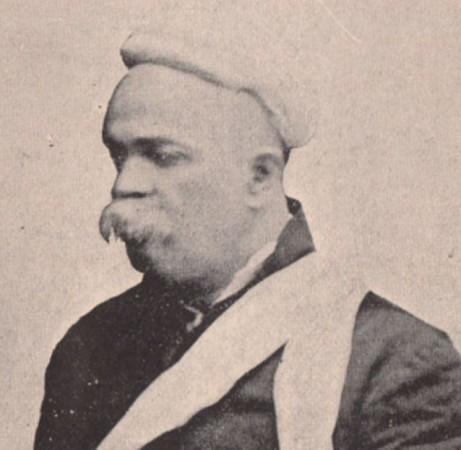
Mahadev Govind Ranade is perhaps one of the regularly sidelined, but great sons of the then Bombay Presidency, now Maharashtra. Ranade was an erudite scholar, a social reformer and also one of the founding members of the Indian National Congress (INC). Ranade is celebrating his 175thbirth anniversary, being born on January 18, 1821 in Biphad in Nasik district.
Read: Gandhi Jayanti 2016: 30 inspiring quotes by Mahatma Gandhi
Ranade was one of the illustrious students to be part of the first batch of the newly established Bombay University. He belonged to the first batch of Bachelor of Arts (B.A) and later Bachelor of Laws (LL.B) in 1866. Ranade was a topper in his class.
In 1871, Ranade was appointed as the Presidency magistrate of the Bombay Small Causes Court. And by 1893, he became the judge of the Bombay High Court.
He was decorated with Companion of the Order of the Indian Empire for giving out recommendations to cut down public expenditure.
He brought new energy into the university curriculum by introducing vernacular languages as the syndic and dean in Arts at the Bombay University. He also supported translations of English works.
Ranade authored books on Maratha history ("Rise of the Maratha Power") and Indian economics. He became the editor of an Anglo-Marathi daily, the Induprakash.
A topic that was close to Ranade was India's industrial progress. He felt that economic needs have to be addressed for India to progress. He was against using the British practise of using India as a producer of raw materials, while London took up manufacturing activities
Though Ranade belonged to the Chitpavan Brahmin family, he denounced caste system and untouchability that were prevailing in the country then. He campaigned for improving the status of women and championed widow re-marriage.
He was one of those people who firmly believed that there can be no real economic or political progress unless there were changes being bought as a result of social reforms.
He established the "Prarthana Samaj," a Hindu reform movement, which was inspired by Ram Mohan Roy's Brahmo Samaj, along with other famous personalities like Atmaram Pandurang, Bal Mangesh Wagle and Vaman Abaji Modak. The organisation was established to propagate theism and was based on the ancient Vedas. His reform movement was introduced in such a way that there was no harm to the ancient customs and traditions of the Hindus.
He was also involved in the founding of Poona Sarvajanik Sabha and Ahmednagar Education Society, which acted as the basis for the later Indian National Congress.
His nationalism had a unique method where he asked people to first remove all the internal defects and once that was accomplished, he believed that the national movement would be very powerful and would make it impossible for the British to rule.
This reformer, freedom fighter and a person who stood up for women and human rights died on January 16, 1901, in Poona due to chest pain. Sir Pherozshah Mehta, Indian political leader and Bombay's leading lawyer, who went on to become the president of Indian National Congress, called Ranade a "modern rishi (sage)."
Here are 5 best quotes for the reformer:
- This is the land of religion, Be it be for good or for evil, we cannot do without religion. Religious thoughts are in our blood. If we try to flee from it, it will pursue us.
- The national mind cannot live in agnosticism. The experiment was tried once on a large scale by the greatest moral teacher of this or any other age. The failure of Buddhism is a warning that such teaching can have no hold on the national thought.
- We have to take up the cross, not because it is pleasant to be persecuted, but because the pain and injury are nothing by the side of the principle for which they are endured.
- What obstacle is there apart from the religious one. There is plenty to do in the world without it.
- We are but artless folk and not experts in rhythm, time, and tune, but that does not matter. He for whom we sing our hymns understands them all, and he pays no attention to our deficiencies of execution.















